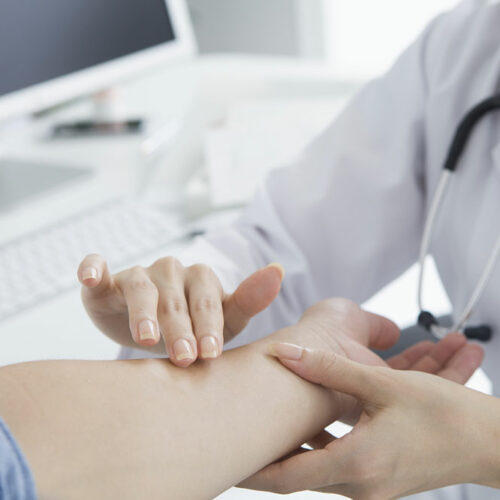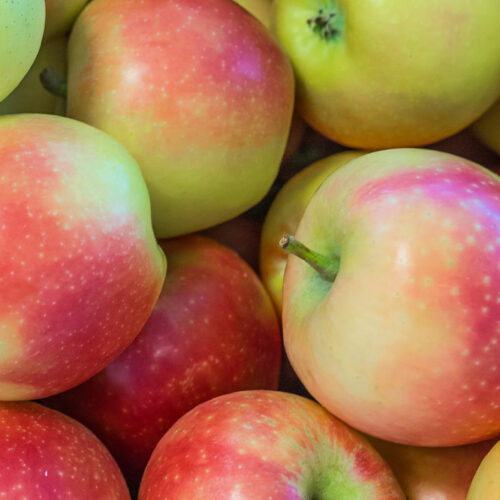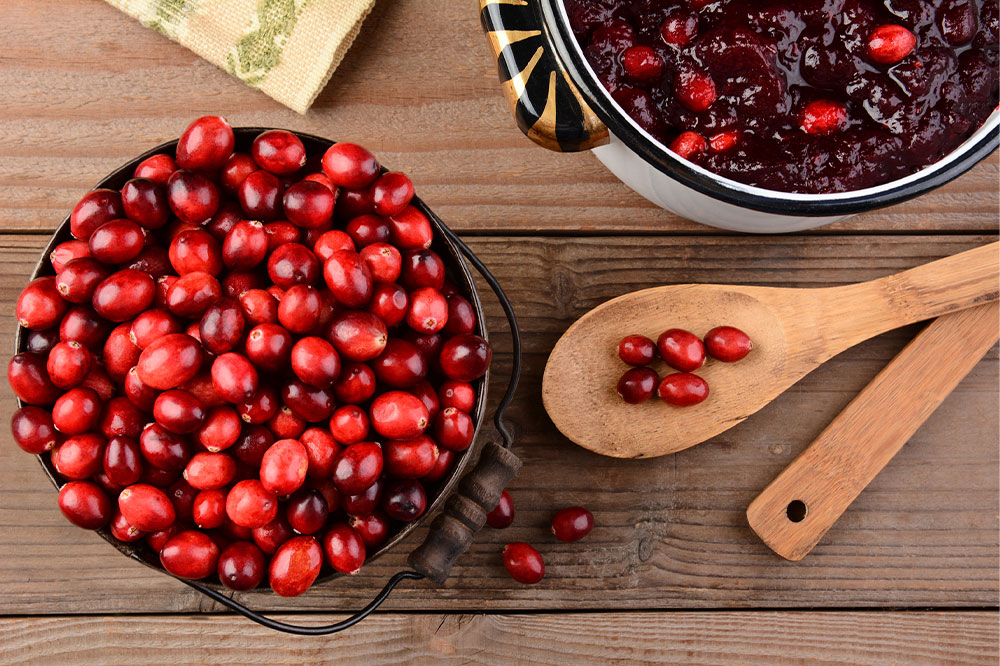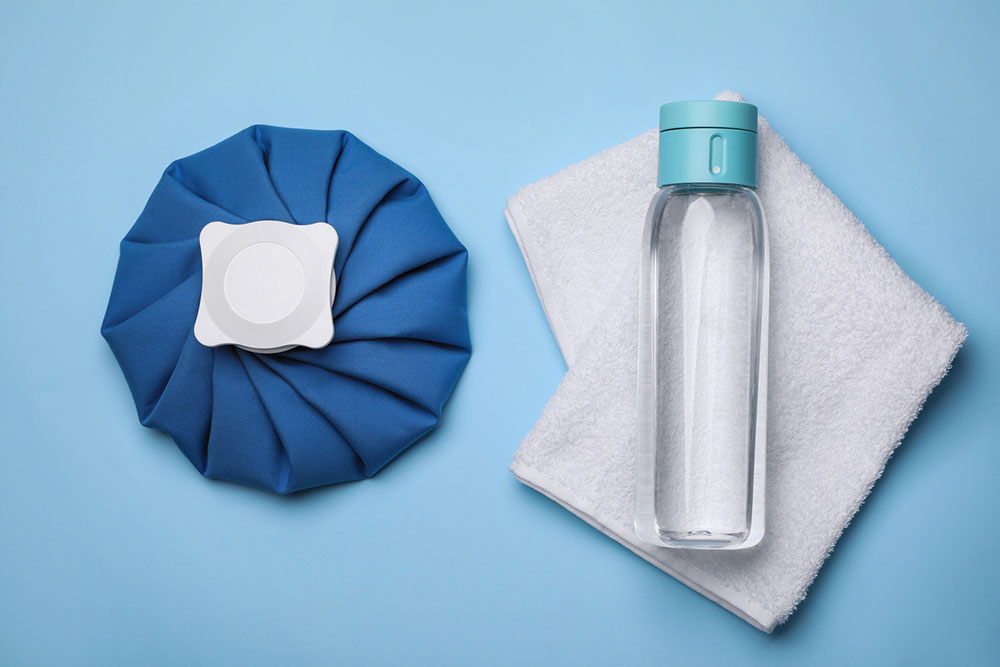6 unusual questions to ask a gynecologist

Despite modern times, some women still feel embarrassed to ask questions about their reproductive health to the gynecologist for fear of being judged. But to achieve optimal vaginal health, being honest with one’s gynecologist is essential. By clearly discussing one’s issues, individuals can better understand their body and allow the doctor to give the proper treatment or advice if needed. Here are some common but potentially awkward questions worth asking to encourage this vital conversation. Why is intercourse painful? Some women may experience painful sex and deduce that that’s how it is, but the act is supposed to be pleasurable. There may be several reasons why one experiences pain, from lack of lubrication and arousal to low libido or discomfort due to a cyst. So, discussing one’s concerns openly is best to find a suitable solution. How can I feel more comfortable stripping down for my visit? Visiting a gynecologist may require one to strip down, which can be awkward, especially for the first time. Most doctors are mindful of the problem and may have initial conversations to ease the patient. But one can always ask for ways to find more comfort. Should I wait for my period to end before booking an appointment?






